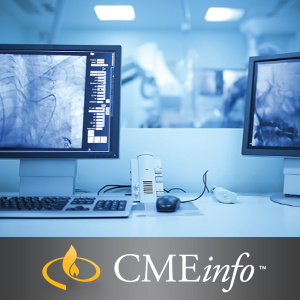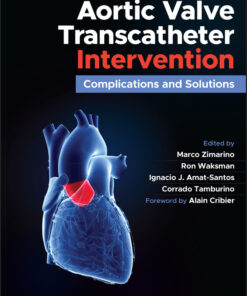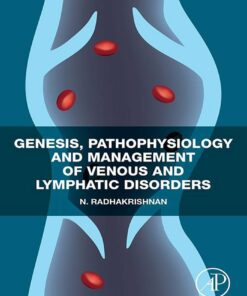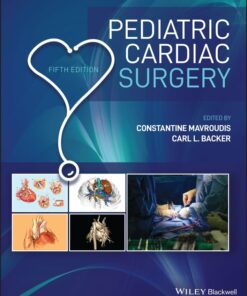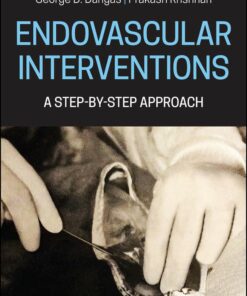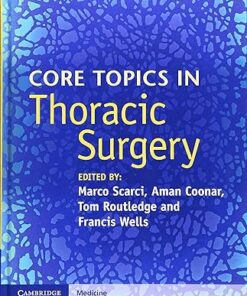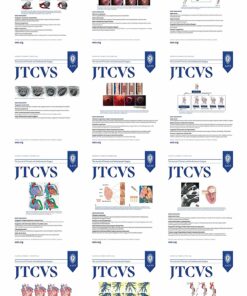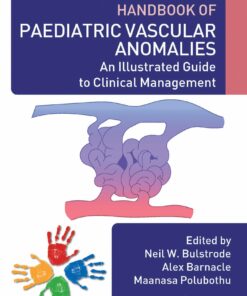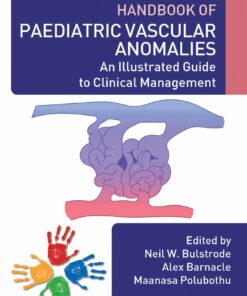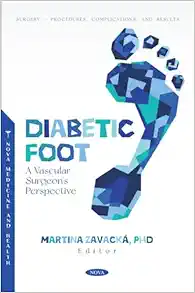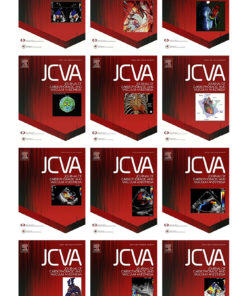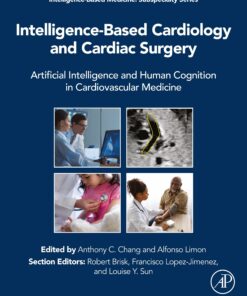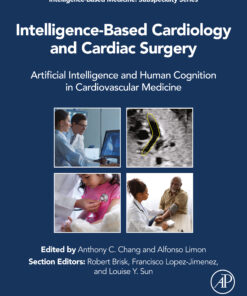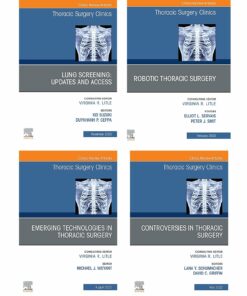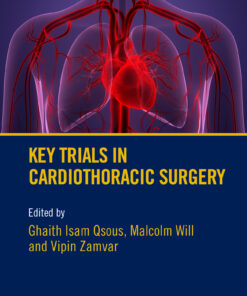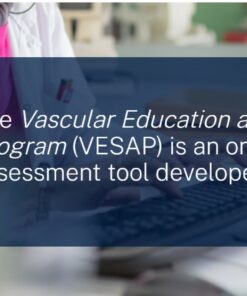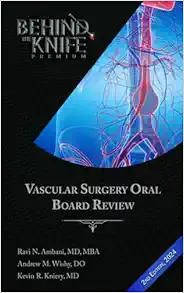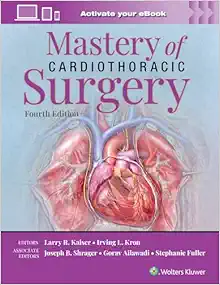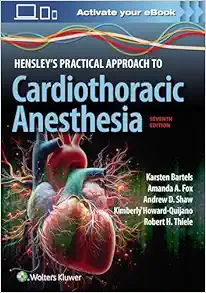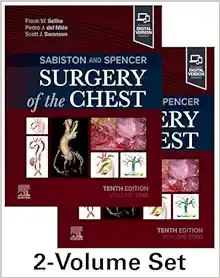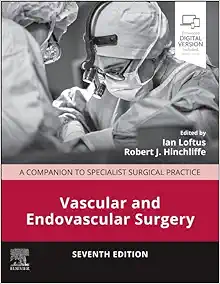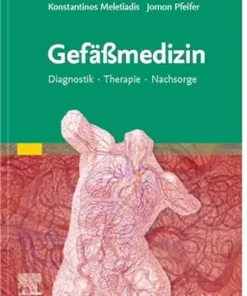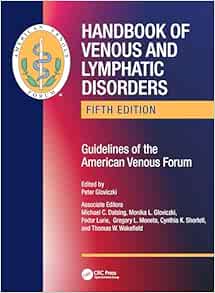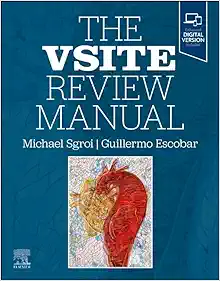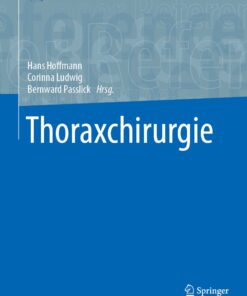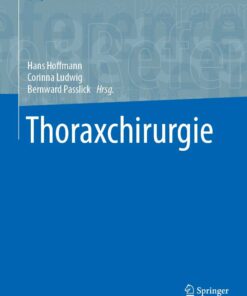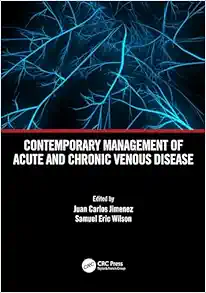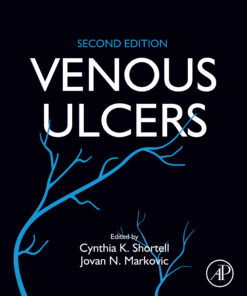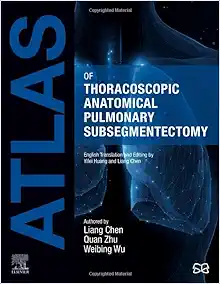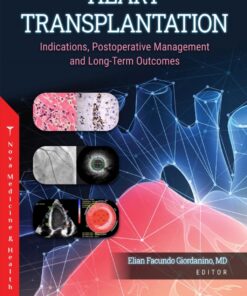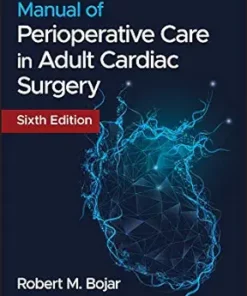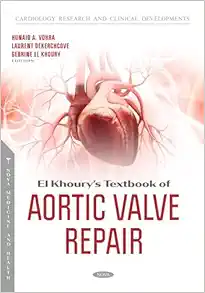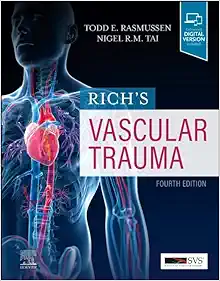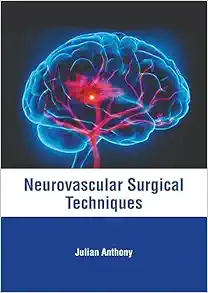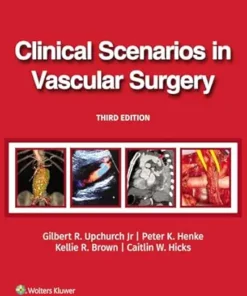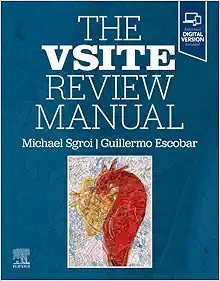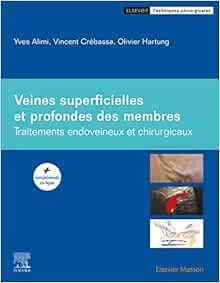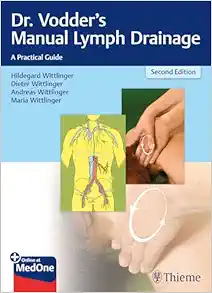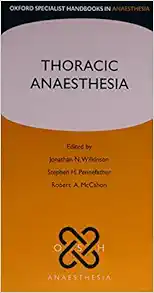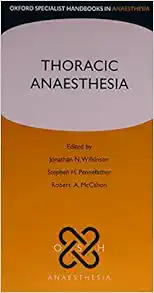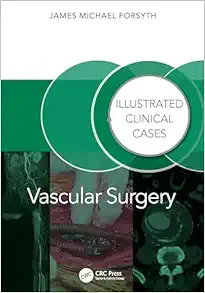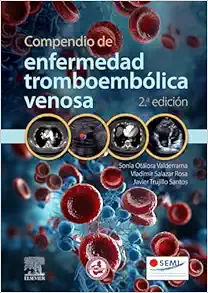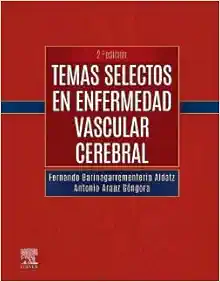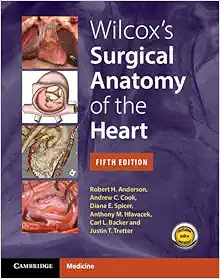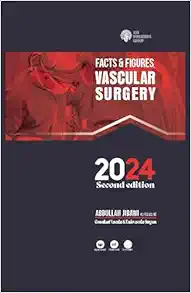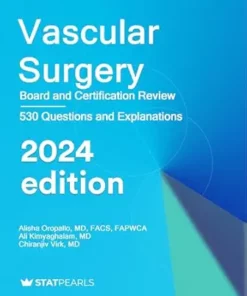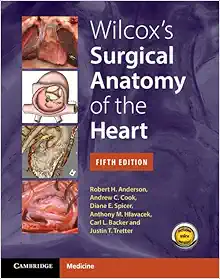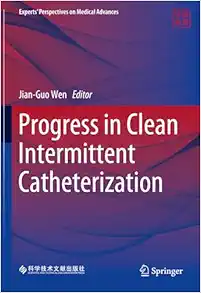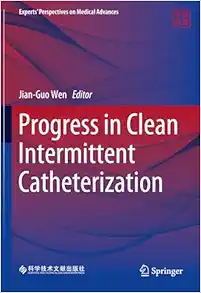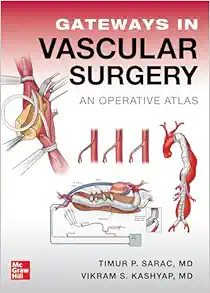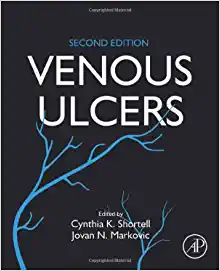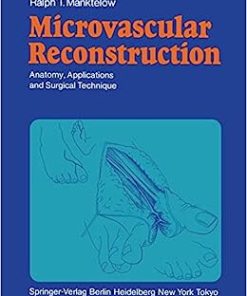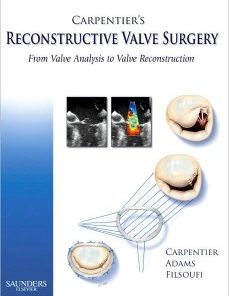UCSF Interventional Radiology Review 2019
$45
Format : MP4 + PDF
File Size : 10 GB
UCSF Interventional Radiology Review 2019
Interventional Radiology is an ever-evolving field that encompasses a wide range of procedures and techniques meant to diagnose and treat various medical conditions. Keeping up with the latest trends and techniques in this field can be challenging for even the most experienced interventional radiologists. That’s where the UCSF Interventional Radiology Review comes in – a comprehensive CME program that offers a thorough, case-based review of the clinical essentials in interventional radiology.
This program, featuring experts in the practice of Interventional Radiology, is designed to help radiologists improve their competency in this field. With case-based lectures and in-depth discussions, this course covers a plethora of topics including updates on MR angiography, vein mapping and interpretation, renal ablation, portal vein embolization, biliary interventions, stroke interventions, and much more.
Led by a team of renowned interventional radiologists, this program is a must-attend for anyone seeking to enhance their knowledge and skills in interventional radiology. The speakers offer a wealth of experience and expertise in their respective fields, and provide valuable insights that can only be gained through years of practice.
One of the key benefits of this program is the emphasis on case-based learning. Attendees will have the opportunity to analyze and discuss real-world cases, enabling them to gain practical, hands-on experience in the field of interventional radiology. This approach is highly effective in facilitating an engaging learning experience, and helps attendees to understand the nuances of this complex field.
Another highlight of this program is the comprehensive review of core concepts and cutting-edge trends in the field. Attendees will gain a thorough understanding of the latest techniques and emerging technologies in interventional radiology, helping them to keep pace with this ever-evolving field.
The UCSF Interventional Radiology Review covers a wide range of topics including:
- Arterial and venous interventions
- Interventional oncology procedures
- CT, MR and US non-invasive vascular images
- Neuro and Musculoskeletal interventions
- Safety issues associated with IR procedures
These topics are covered by a team of experts in the field, each of whom brings a unique perspective to the course. Attendees will have the opportunity to learn from some of the most respected names in interventional radiology, gaining invaluable insights into this complex and challenging field.
In addition to the educational content, attendees will also have the chance to network with other professionals in the field. This provides a valuable opportunity to exchange ideas, share experiences, and build new relationships in the field of interventional radiology.
Overall, the UCSF Interventional Radiology Review is an excellent choice for those seeking to enhance their knowledge and skills in this exciting field. With comprehensive lectures, case-based learning, and networking opportunities, this program offers an engaging and highly effective learning experience. Attendees will gain practical insights and learn the latest techniques and emerging technologies in interventional radiology, positioning them for success in this rapidly evolving field.
So why wait? Order your copy of the UCSF Interventional Radiology Review today and take your career to the next level!
Product Details
- Improve technique in arterial and venous interventions
- Grasp the implications of interventional oncology procedures
- Know the benefits and limitations in selecting IR devices (shunts, stents, catheters, etc)
- Correctly interpret CT, MR and US non-invasive vascular images
- Understand the scope of Neurointerventional and Musculoskeletal interventions
- Recognize the limitations and possible pitfalls and safety issues associated with IR procedures
- CT Angiography: What’s New? – Maureen P. Kohi, MD, FSIR
- Updates on MR Angiography – Mark W. Wilson, MD
- Contrast Enhanced Ultrasound – Stefanie Weinstein, MD, FSAR
- Vein Mapping and Interpretation – Vishal Kumar, MD
- Aortic Aneurysms – K. Pallav Kolli, MD
- Complex Endoleak Interventions – Evan D. Lehrman, MD
- Peripheral Artery Disease and Aorto-iliac – Richard R. Saxon, MD, FSIR
- Superficial Femoral Artery and Restenosis – Richard R. Saxon, MD, FSIR
- Left Gastric Artery Embolization- Ryan M. Kohlbrenner, MD
- Mesenteric and Renal Arterial Disease – Anand S. Patel, MD
- Visceral Artery Aneurysms – Trushar J. Patel, MD
- Endovascular Trauma – Miles B. Conrad, MD, MPH
- Critical Limb Ischemia and Below-the-Knee – Richard R. Saxon, MD, FSIR
- Acute Ischemia Cases – Richard R. Saxon, MD, FSIR
- Multidisciplinary Approach to Hepatocellular Carcinoma – Nicholas Fidelman, MD, FSIR
- TACE and TAE for HCC – Ryan M. Kohlbrenner, MD
- Radioembolization for Hepatocellular Carcinoma – Nicholas Fidelman, MD, FSIR
- Percutaneous Liver Ablation – Evan D. Lehrman, MD
- Arterial Therapy: mCRC – Nicholas Fidelman, MD, FSIR
- Arterial Therapy: mNET – Nicholas Fidelman, MD, FSIR
- Arterial Therapy: Cholangiocarcinoma – Ryan M. Kohlbrenner, MD
- Ablation for Liver Metastases – K. Pallav Kolli, MD
- Renal Ablation – Andrew G. Taylor, MD, PhD
- Lung Ablation – K. Pallav Kolli, MD
- Portal Vein Embolization – Evan D. Lehrman, MD
- Therapy for Hepatocelluar Carcinoma and Colorectal Cancer – Nicholas Fidelman, MD, FSIR
- Bone Biopsy and Radiofrequency Ablation – Thomas M. Link, MD, PhD
- Treatment of Painful Osseous Metastases – Matthew D. Bucknor, MD
- Ultrasound-guided MSK Interventions – Tara A. Morgan, MD
- Best Practices for Periprocedural Care – Nicholas Fidelman, MD, FSIR
- Portal Hypertension 1: TIPS/DIPS/BRTO – Jeanne M. LaBerge, MD, FSIR
- Portal Hypertension 2: PV Recan, HV Stenting, Splenic Eembolization – Jeanne M. LaBerge, MD, FSIR
- Biliary Tract Interventions – Nicholas Fidelman, MD, FSIR
- Big Procedures for Little People: Pediatric IR – Matthew P. Lungren, MD
- Lymphangiography & Interventions – Evan D. Lehrman, MD
- Urinary Tract Intervention – Andrew G. Taylor, MD, PhD
- Embolization of Renal AML and RCC – Andrew G. Taylor, MD, PhD
- Radiation Safety in IR – Ryan M. Kohlbrenner, MD
- Handling Hazards in the IR Suite – Nicholas Fidelman, MD, FSIR
- Gastrointestinal Bleeding – Ryan M. Kohlbrenner, MD
- PAE: Basics to Complex – Ryan M. Kohlbrenner, MD
- Microcatheters & Other Toys – Andrew G. Taylor, MD, PhD
- Embolic Agents: How to Choose? – Andrew G. Taylor, MD, PhD
- Tunneled Catheters and Denver Shunts – Sujal Nanavati, MD
- Stroke Interventions – Steven W. Hetts, MD
- Vertebroplasty: How I Do It? – Matthew R. Amans, MD, MSc
- Endovascular Management of Retinoblastoma – Steven W. Hetts, MD
- Spine Interventions – Cynthia T. Chin, MD
- Management of Symptomatic Uterine Fibroids – Maureen P. Kohi, MD, FSIR
- PPH: What To Do? – Maureen P. Kohi, MD, FSIR
- Gonadal Vein Embolization – Maureen P. Kohi, MD, FSIR
- The ABR IR/DR Exam – Jeanne M. LaBerge, MD, FSIR
- Treatment of Pulmonary Embolism – K. Pallav Kolli, MD
- Superficial Venous Therapy – Vishal Kumar, MD
- Management of Deep Vein Thrombosis – K. Pallav Kolli, MD
- Complex Venous Recanalization – Evan D. Lehrman, MD
- Complex IVF Filter Retrieval – Andrew G. Taylor, MD, PhD
- Dialysis Access Interventions – Mark W. Wilson, MD
- Management of Vascular Malformations – Daniel L. Cooke, MD
- Management of PAVMs – Miles B. Conrad, MD, MPH
- Improve technique in arterial and venous interventions
- Understand the implications of interventional oncology procedures
- Describe indications and recommend techniques for gastrointestinal and genitourinary tract interventions
- Know the benefits and limitations in selecting IR devices (shunts, stents, catheters, etc)
- Correctly interpret CT, MR and US non-invasive vascular images
- Understand the scope of Neuro and Musculoskeletal interventions
- Identify potential pitfalls and safety issues associated with IR procedures in order to minimize complications
Related Products
VASCULAR SURGERY
The Annals of Thoracic Surgery 2023 Full Archives (True PDF)
VASCULAR SURGERY
VASCULAR SURGERY
VASCULAR SURGERY
Core Topics in Thoracic Surgery (Original PDF from Publisher)
VASCULAR SURGERY
Great Ormond Street Handbook of Paediatric Vascular Anomalies (EPUB)
VASCULAR SURGERY
VASCULAR SURGERY
VASCULAR SURGERY
VASCULAR SURGERY
VASCULAR SURGERY
VASCULAR SURGERY
VASCULAR SURGERY
VASCULAR SURGERY
VASCULAR SURGERY
VASCULAR SURGERY
VASCULAR SURGERY
Neurovascular Surgical Techniques (Original PDF from Publisher)
VASCULAR SURGERY
VASCULAR SURGERY
VASCULAR SURGERY
VASCULAR SURGERY
Wilcox’s Surgical Anatomy of the Heart, 5th edition (Converted PDF)
VASCULAR SURGERY
VASCULAR SURGERY
VASCULAR SURGERY
Atlas of Thoracoscopic Anatomical Pulmonary Subsegmentectomy
VASCULAR SURGERY
VASCULAR SURGERY
VASCULAR SURGERY
VASCULAR SURGERY
2022 SVM Online Board Review Course (Society for Vascular Medicine)
VASCULAR SURGERY
VASCULAR SURGERY
Clinical Approach to Vascular Ultrasound and RPVI Prep Course 2023
VASCULAR SURGERY
VASCULAR SURGERY
VASCULAR SURGERY
VASCULAR SURGERY
VASCULAR SURGERY
VASCULAR SURGERY
VASCULAR SURGERY
VASCULAR SURGERY
VASCULAR SURGERY
VASCULAR SURGERY
VASCULAR SURGERY
VASCULAR SURGERY
Current Vascular Surgery 2013 (Modern Trends in Vascular Surgery)
VASCULAR SURGERY
VASCULAR SURGERY
Anatomic Exposures in Vascular Surgery 4e ( + Converted PDF)
VASCULAR SURGERY
Cardiopulmonary Bypass: Principles and Practice, 3rd Edition
VASCULAR SURGERY
VASCULAR SURGERY
SVU 45th Annual Conference: Vascular Imaging Educators Workshop 2023
VASCULAR SURGERY
VASCULAR SURGERY
Mastering Doppler Principles and Hemodynamics- AllAboutUltrasound
VASCULAR SURGERY

